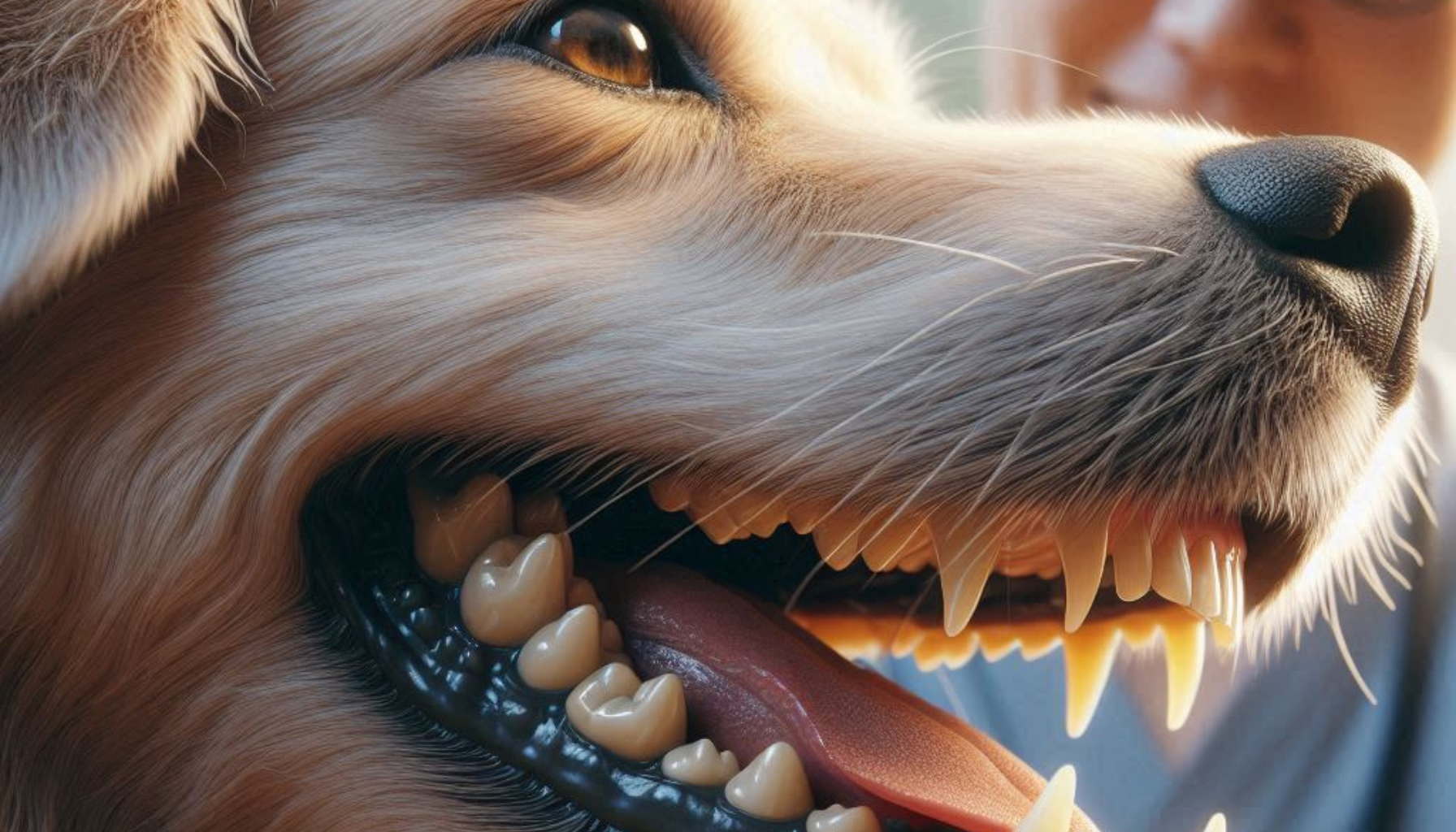Dental health is a crucial but often overlooked part of pet care. Poor oral hygiene can lead to bad breath, gum disease, infections, and even organ damage in pets. Just like humans, dogs and cats need regular dental care to prevent serious health problems.
In this guide, you’ll learn the best ways to keep your pet’s teeth clean and healthy—including brushing techniques, dental treats, and professional care tips!
1. Why Is Dental Care Important for Pets? 🤔🐾
Neglecting your pet’s dental hygiene can cause painful and serious health problems.
🚨 Common Dental Issues in Pets:
- Plaque & Tartar Buildup → Leads to bad breath and gum inflammation.
- Gingivitis → Red, swollen gums that can cause pain and bleeding.
- Tooth Decay & Loss → Untreated cavities may result in missing teeth.
- Oral Infections → Can spread to the heart, liver, and kidneys.
📌 Fact: By age 3, 80% of dogs and 70% of cats show signs of dental disease!
2. How Often Should You Clean Your Pet’s Teeth? 🗓️🦷
🐶 Dogs: Brush at least 3 times a week, ideally daily.
🐱 Cats: Brush 2-3 times a week (cats have less plaque buildup than dogs).
📌 Tip: Start brushing when they’re young to make it a normal routine!
3. How to Brush Your Pet’s Teeth (Step-by-Step Guide) 🪥🐕🐈
What You Need:
✔ Pet-safe toothbrush (soft-bristled or finger brush)
✔ Pet-friendly toothpaste (never use human toothpaste—it’s toxic!)
✔ Towel or blanket (for easier handling)
🚨 DO NOT USE: Fluoride or xylitol-based toothpaste—these are toxic to pets!
Step-by-Step Brushing Guide:
1️⃣ Let your pet sniff the toothbrush & toothpaste—make it a positive experience.
2️⃣ Start by rubbing their gums gently with your finger for a few days.
3️⃣ Apply a small amount of toothpaste to the brush.
4️⃣ Brush in circular motions along the gumline (focus on the outer teeth).
5️⃣ Give praise & treats to reward good behavior.
📌 Tip: If your pet resists, start slow—just a few seconds at a time, increasing daily.
4. Use Dental Chews & Treats for Extra Cleaning 🦴🍖
If your pet doesn’t like brushing, dental treats and chews can help remove plaque naturally!
✅ Best Dental Treats for Dogs:
✔ Rawhide-free dental chews
✔ Natural bully sticks
✔ Dental sticks with enzymes for plaque control
✅ Best Dental Treats for Cats:
✔ Catnip-infused dental treats
✔ Crunchy kibbles designed for oral health
📌 Tip: Look for VOHC-approved (Veterinary Oral Health Council) dental treats!
5. Provide Safe Chew Toys for Healthy Teeth 🧸🐾
Chewing isn’t just for fun—it naturally cleans teeth by scraping off plaque!
✅ Great Chew Toys for Dogs:
✔ Rubber toys (like KONGs)
✔ Nylon bones (non-toxic)
✔ Rope toys (helps massage gums)
✅ Best Chew Toys for Cats:
✔ Catnip-infused rubber toys
✔ Soft dental chews designed for cats
🚨 Avoid:
❌ Hard bones (can crack teeth)
❌ Cooked bones (can splinter and cause injury)
❌ Tennis balls (abrasive and can wear down teeth)
6. Offer Water Additives & Dental Sprays 💦🦷
Water additives act like mouthwash for pets—fighting plaque and freshening breath!
✅ Add vet-approved dental water additives to your pet’s drinking bowl.
✅ Use dental sprays for pets that resist brushing.
📌 Tip: Look for alcohol-free dental sprays to avoid irritation.
7. Schedule Professional Dental Cleanings 🏥👩⚕️
Even with home care, pets need professional dental cleanings at the vet.
🦷 When to Schedule a Cleaning:
✔ Every 6-12 months for high-risk breeds.
✔ If you notice bad breath, swollen gums, or yellow teeth.
🐾 What Happens During a Vet Cleaning?
✔ Full teeth scaling to remove plaque/tartar.
✔ Gum examination for infections or disease.
✔ Possible tooth extractions (if decay is severe).
🚨 Warning: Delaying dental care can lead to painful infections and expensive treatments later.
8. Watch for Signs of Dental Problems 🚨
Regularly check your pet’s mouth and gums for early signs of trouble.
🔴 Signs Your Pet Has Dental Issues:
- Bad breath (persistent, not just after eating)
- Red, swollen, or bleeding gums
- Excessive drooling
- Difficulty eating or chewing on one side
- Brown or yellow plaque buildup
📌 Tip: If you notice any of these symptoms, schedule a vet visit ASAP.
9. Feed a Healthy Diet for Strong Teeth 🥩🍎
What your pet eats affects their dental health!
✅ Best Foods for Dental Health:
✔ Raw meaty bones (for some dogs, under vet supervision)
✔ High-protein diets with low sugar
✔ Crunchy kibble (helps scrape plaque)
🚨 Avoid:
❌ Too many soft foods (stick to teeth)
❌ Sugary or high-carb diets (increase plaque buildup)
📌 Tip: Some prescription dental diets can help prevent tartar buildup!
10. Start a Dental Routine Early! 🐶🐱
It’s never too late to start, but young pets adapt faster to dental care!
🐾 For Puppies & Kittens:
✅ Introduce a toothbrush as early as 8-12 weeks old.
✅ Let them lick pet toothpaste off your finger first.
🐾 For Adult Pets:
✅ Start slowly with short brushing sessions.
✅ Offer dental treats if they resist brushing.
📌 Tip: Be patient and consistent—good habits take time!
Final Thoughts: A Healthy Mouth = A Happy Pet! 🦷🐶🐱
Caring for your pet’s teeth prevents disease, reduces vet costs, and improves their quality of life. By following these simple steps, you can keep their smile healthy and bright!
✅ Brush regularly with pet-safe toothpaste
✅ Use dental treats, chew toys, and water additives
✅ Schedule annual vet cleanings
✅ Watch for early signs of dental problems
🐾 Healthy teeth = A longer, happier life for your pet!
